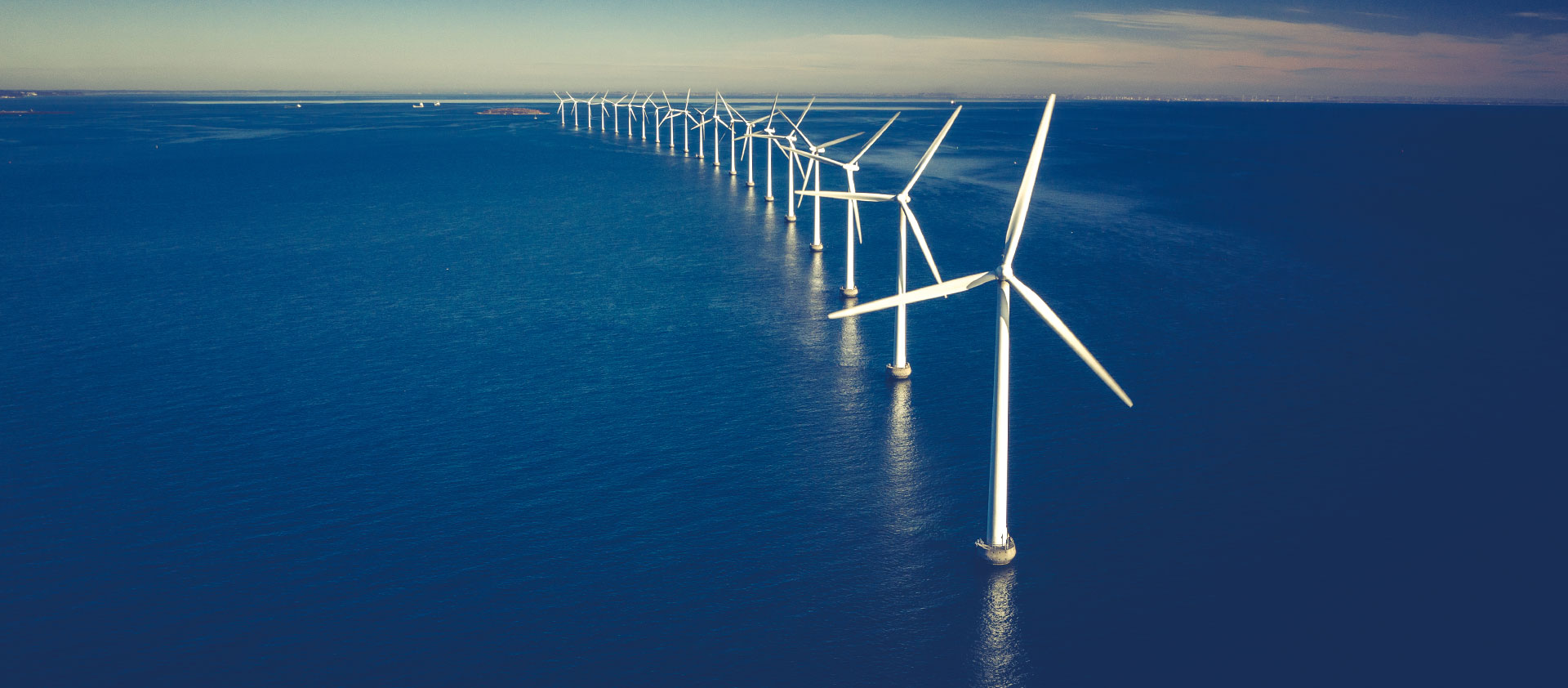Decarbonisation
AER AGL Aluminium Batteries Battery Budget BYD CATL CBAM China Coal Critical minerals Decarbonisation Diesel DMO Election Electric Vehicle Electricity/electrification electrostate Energy crisis Federal Election Finance Sector & Emissions Gas Green Iron/Steel Hydrogen India & Adani Methane Nuclear offshore wind Oil OP EDS Peter Dutton Podcasts Renewables Solar Tariff Taxes and subsidies US IRA/EU NZIA et al Wind
新研究:巨额投资新能源促使中国企业加快脱碳速度
SBS
Renewables Pledge, Voluntary Methane Controls Lead Major Announcements at COP28
___
OP ED | Keating attack on Origin bid ties big super to petrostate of old
The Australian Financial Review
Australia backs Cop28 promise to triple renewables but not nuclear capacity pledge
The Guardian
Australia backs COP28 renewables, energy efficiency vow
AAP
The new climate denial
The Saturday Paper
中国巨额投资转变实现减排 澳需紧急回应建新伙伴关系
___
Call to join forces as China sets pace on clean energy
Canberra Times
China’s world-beating renewables surge threatens Australian exports
The Australian Financial Review
MEDIA RELEASE | New report: Chinese Energy Giants’ Investment Flows Supercharge Renewables Revolution in Response to 14th “Five Year Plan”
___
Cop28: where does China stand on coal and renewable energy ahead of the UN climate conference’s tough negotiations?
South China Morning Post
VIDEO: Australia moves a step closer to cleaner, greener, brighter future
AusBiz
